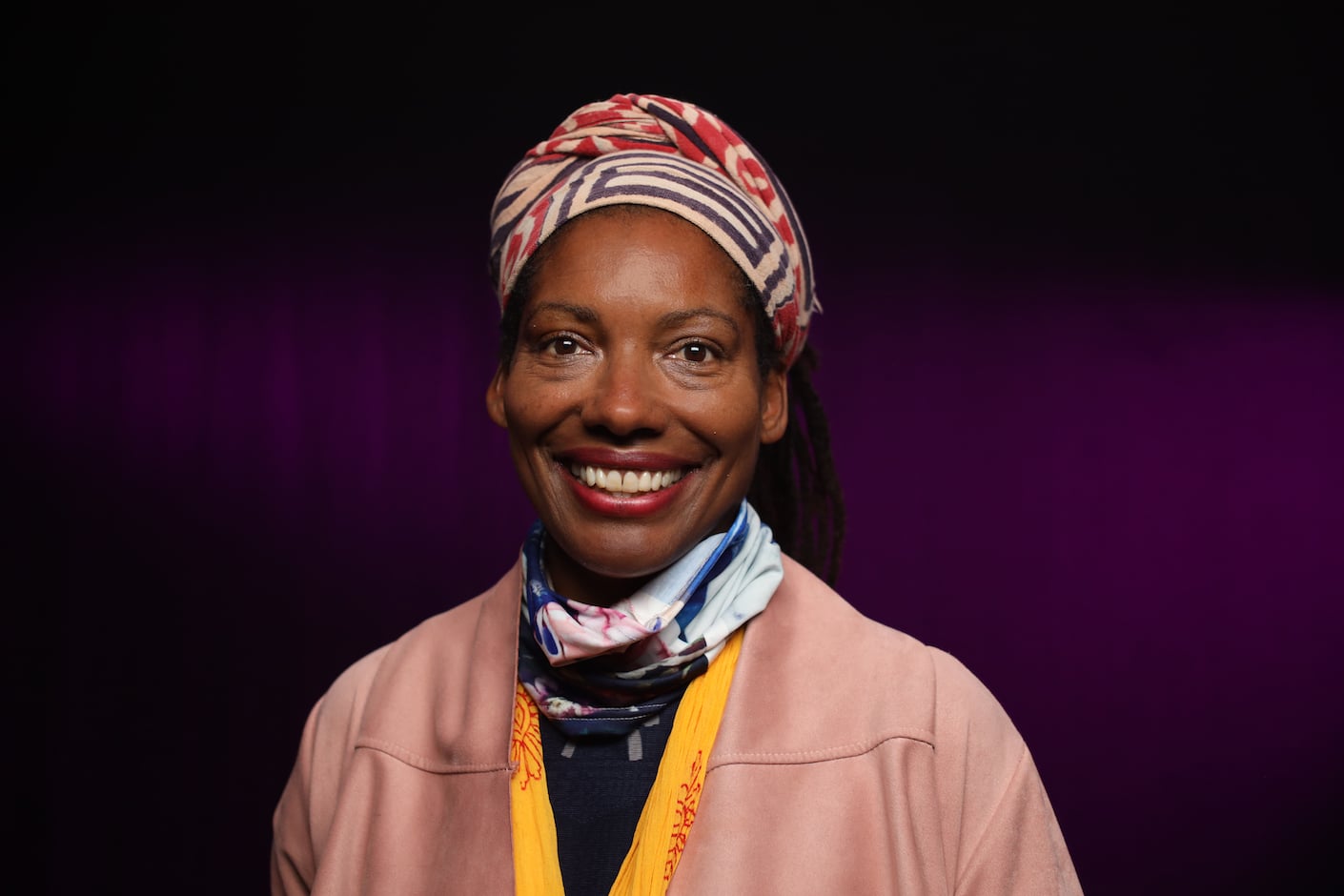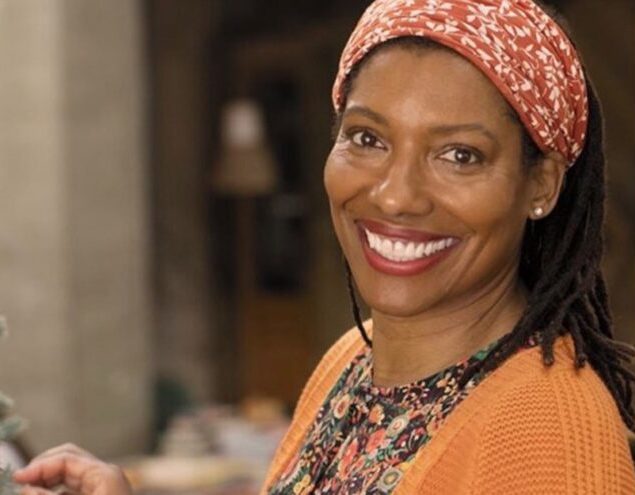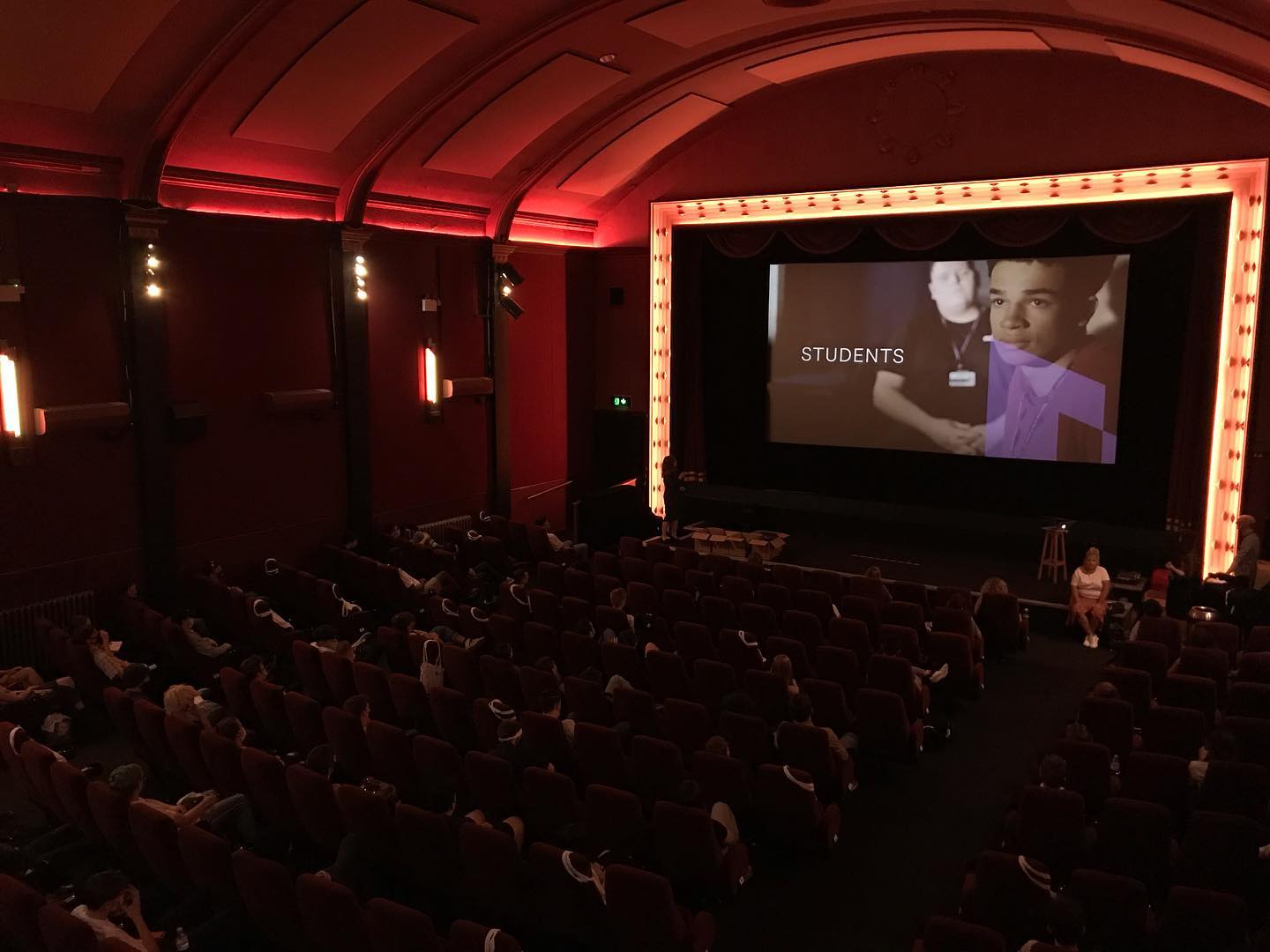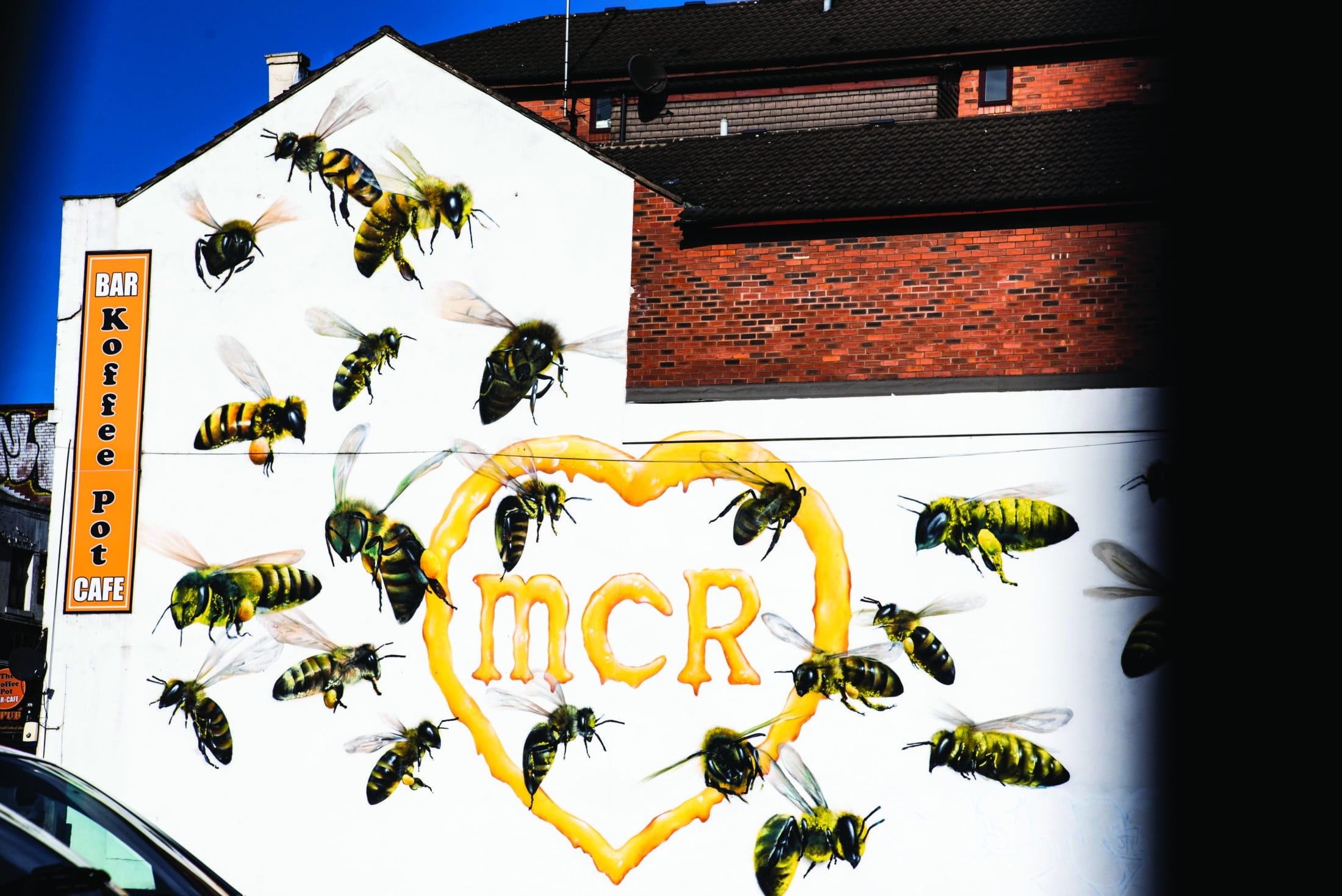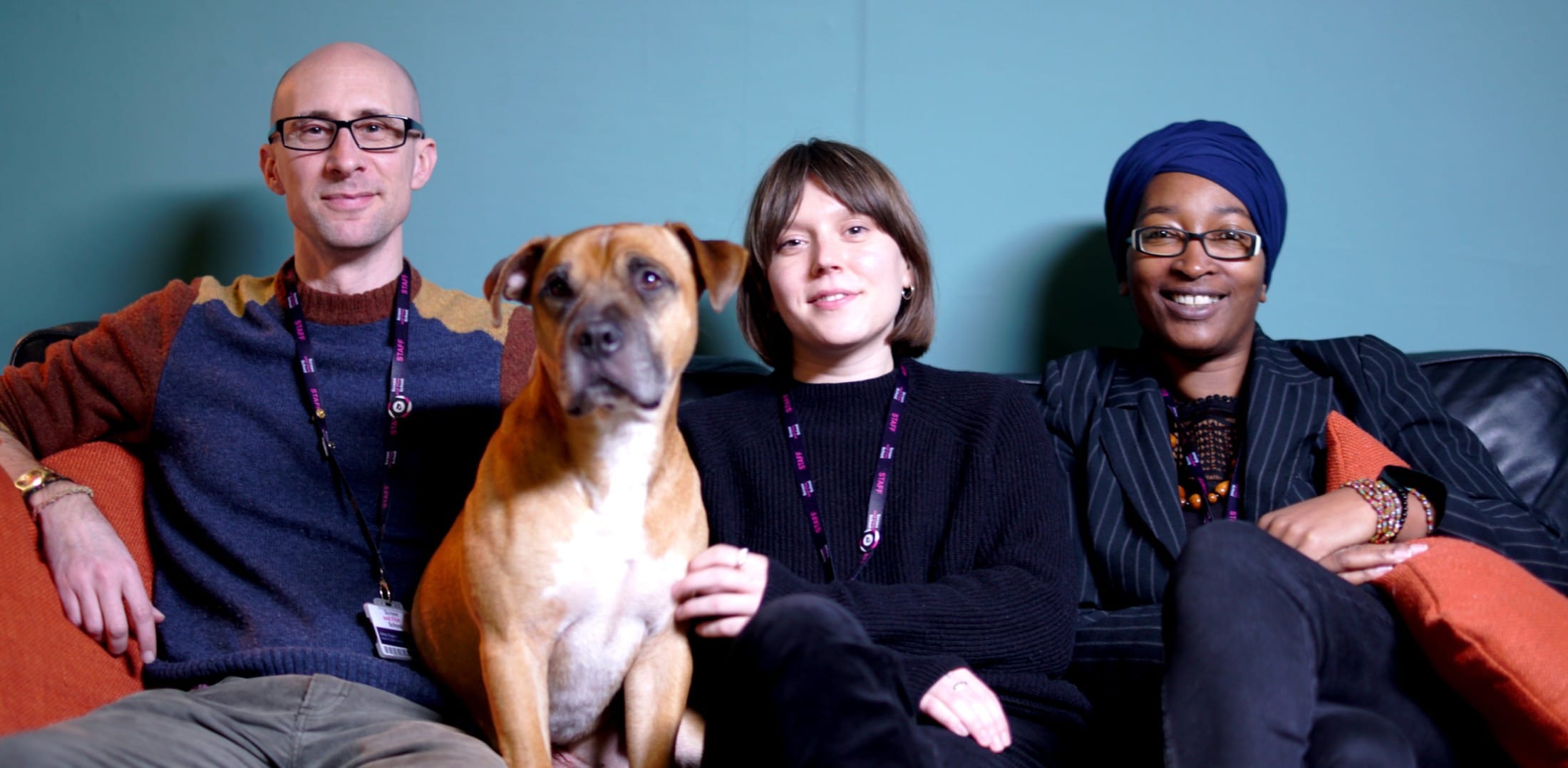Film Made Me is a new series from Screen and Film School Brighton, exploring how the wonderful world of film has influenced the lives of people in our community.
From students to staff, industry partners and graduates- film is an inspiring medium that has a unique ability to shape who we are and who we become… are you ready to tell your story?
Michele D’Acosta: Brighton College Patron & Industry Partner
On her 8th birthday, Screen and Film School Industry Partner and College Patron Michele D’Acosta received a Polaroid Instamatic camera, and came to realise the possibility of reproducing reality through film. “At that time seeing a photograph appear immediately was like witnessing a miracle,” she remembers. “The first picture I took was of my foster mother. I remember looking at her face and then comparing her face with the photograph — and being amazed that I could make a copy of her!”
Four years later her fascination grew after watching Stars Wars at the Grade 1 listed Grenada Art Deco cinema in Tooting, south London: “Seeing Star Wars in this fantastical setting changed my life,” she notes. Michele credits these young experiences as the sparks that ignited her life-long passion for filmmaking.
As a BAME woman working in film and television since the early 1990s, there have been several challenges along the way for Michele. Growing up in Lancing, West Sussex, there were a distinct lack of Black role models- particularly in the world of film. As her career progressed, Michele found herself working on Biggie and Tupac- a documentary film about the murder of Tupac Shakur. “When I first started pitching the documentary, I was told by British TV commissioning editors that there wasn’t an audience for a documentary about Black on Black violence.” The award-winning documentary went on to be acknowledged as one of the 50 most important documentary films of the past 25 years.
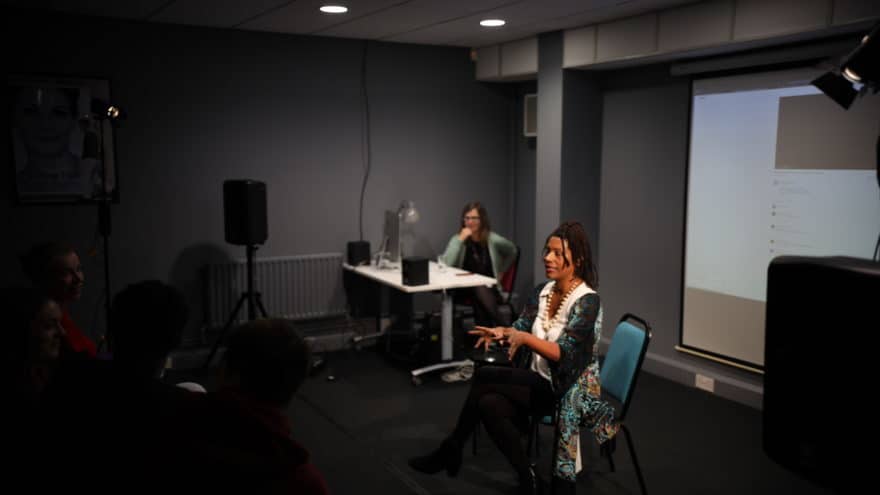
“Believe in yourself and don’t give up at the first hurdle. Trust your instincts and listen to your inner voice. To succeed in this industry you need to find a way to stand out. Develop your personal voice, have strong ethics and don’t settle for mediocrity. Do things no one else is willing to do. When someone says it can’t be done, or that it is impossible…that’s the moment to step up and go to the next level.”
“Beyond the emotional and mental toll, uniformity and bias can have real career consequences for people of colour,” Michele notes. “From school, to university, to the workplace, I was almost always the only black person in the room. Differing from the majority at work creates status distance; how far away you are from the perceived norm and power structure in your company. Exclusion forces people to deviate from their authentic selves. And authenticity is integral to well-being.” On a personal level, Michele notes that the biggest challenge is to find creative ways to overcome seemingly insurmountable hurdles. She mentions the best advice she’s received is to stop second-guessing herself: “When I was younger I believed there was the perfect answer to every problem. Now I no longer think this way.”
Throughout her career Michele has been driven to document the untold stories and hard-hitting realities of people around the world, from filming for the BBC in Russia during the collapse of the Soviet Union, to documenting survivors of the civil war in Sierra Leone, West Africa, and travelling to Kigali to interview survivors of the Rwandan genocide. She’s currently working on a range of documentary and fiction projects, with subject matters including post-apartheid South Africa, and reparations for victims of slavery and their descendants. A more personal project however, is The Colour of Dorothy — a coming of age film based on her personal experience as a child raised in an orphanage in London to living with a white British foster parent who worked as a violin teacher at Lancing College. With all the experience behind her, and all her upcoming projects still to come, it’s no wonder diversity empowerment group, The TV Collective, recognised Michele D’Acosta as one of the 50 most influential People of Colour in British Television.
“Who are you and what do you represent? Find your personal voice. What is your true purpose?”
We were thrilled last month to announce Michele’s new role at Screen and Film School Brighton, but Michele’s involvement in the school reaches back long before this recent development. “I was invited to give a masterclass at Brighton Film School about six or seven years ago. That opportunity was the catalyst for becoming a patron of the school.”After BFS was relaunched as Screen and Film School, Michele was once again invited back for a masterclass by Fiona Adams, Industry and Careers Manager, and as Michele notes: “History repeats itself… I am now a patron of Screen and Film School, Brighton.” Here at Screen and Film School we can’t wait to discover what the future has in store as we work closely with Michele to use the medium of film as a catalyst for positive social change.
Read more of our Film Made Me series below:
